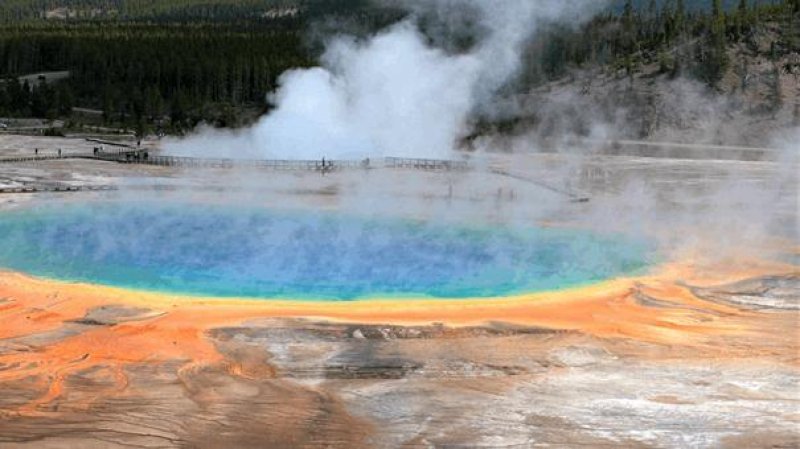Darwin never wrote about how life began in his books, but he did speculate about it in private. The key document is a letter he wrote, dated 1 February 1871, to his close friend the naturalist Joseph Dalton Hooker… In it, after a brief discussion of some recent experiments on mould, Darwin outlined the beginnings of a hypothesis.
…
Darwin was proposing that life began, not in the open ocean, but in a smaller body of water on land, which was rich in chemicals. This is in essence the primordial soup idea, but with one advantage: in a pool, any dissolved chemicals would become concentrated when water evaporated in the heat of the day. The initial synthesis of the chemicals of life would be powered by some combination of light, heat and chemical energy.
In many ways Darwin’s idea is hopelessly incomplete, but he cannot be faulted for that. He was writing before the discovery of nucleic acids like DNA, before biologists understood anything about how genes work, and when the internal workings of living cells were largely a mystery.
But the same basic outline is still being pursued today, and many researchers are convinced that it is the best explanation we have of life’s origin.































